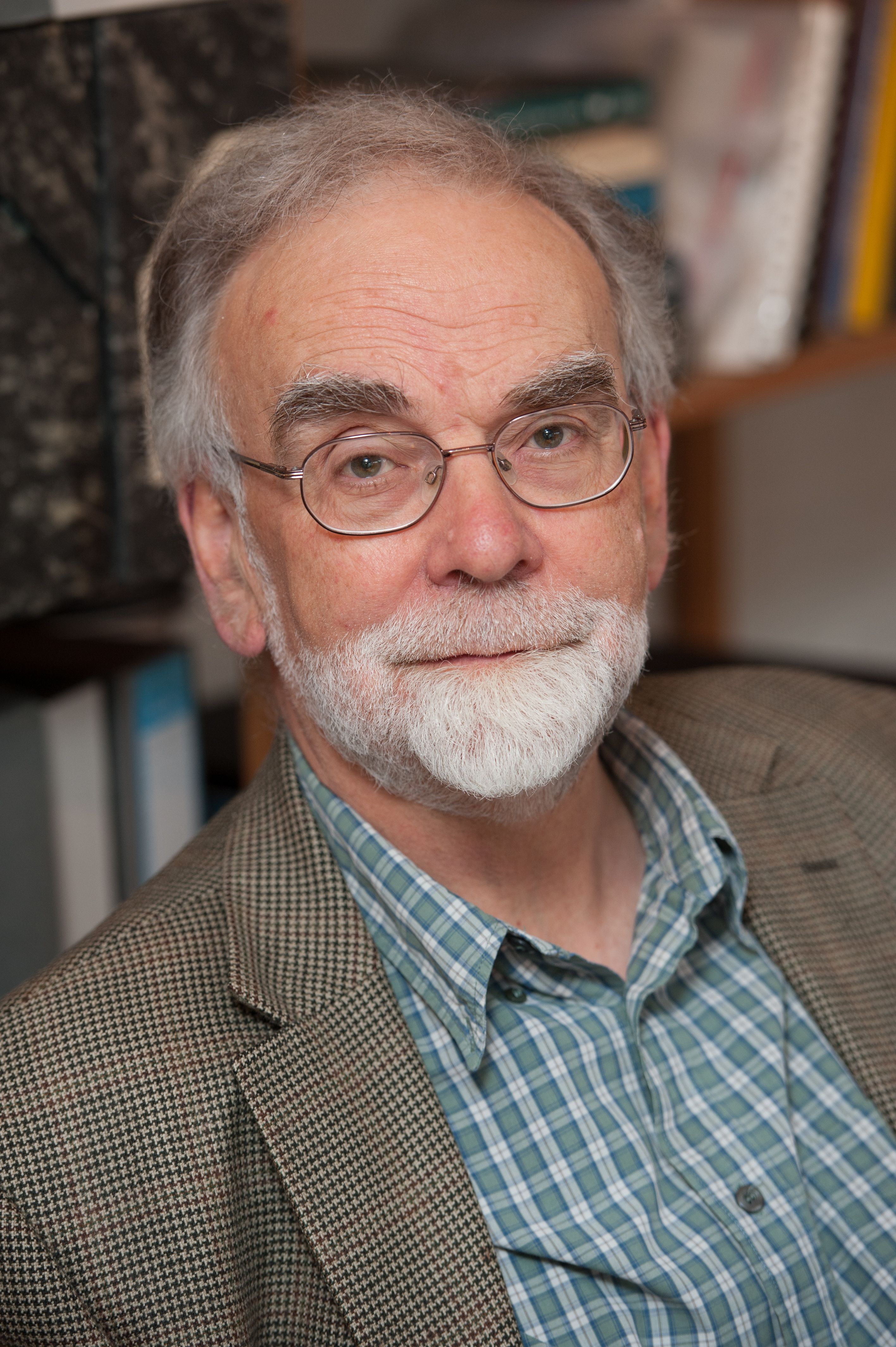
The Muhammad Bin Hamad Al-Thani Center for Muslim Contribution to Civilization at Qatar Faculty of Islamic Studies, a college of Hamad Bin Khalifa University, will host a public lecture on Monday, October 12th at 10:00 AM by renowned architect Professor Ahmed Paul Keeler. The talk will be held in the auditorium of the new Qatar Faculty of Islamic Studies building and discuss architecture, the urban environment, and the true nature of community.
Exploring the environment in which he was raised, Keeler will trace the growth of the West and also explain his understanding of Islamic cities. By using the principles behind Mizan, the Arabic term for balance, as criteria for judging success, the lecturer will compare the two environments.
Upon graduating, Keeler became deeply involved in the cultural movements of the 1960s that were in open revolt against the society that had nurtured him. In 1976, he organized The World of Islam Festival in London. It was opened by Her Majesty the Queen of England, and was the most comprehensive display of Islamic culture to have ever taken place in the west. Six months before the festival opened, Keeler embraced Islam.
At a time of growing instability, Keeler is now lecturing and participating in seminars, encouraging audiences to judge the success of human culture through the criteria of Mizan. He calls for the realization of an Islamic renaissance through balanced development.
At Monday’s event, Keeler will talk about the concepts of comparison and dialogue at different stages of history. He will explore Western civilization as an important pillar in the development of architectural philosophical thought, and determine the rules that govern logic. He will also examine the assumptions and premises that state that there is a fundamental difference between Islamic architecture and contemporary Western architecture.
Established in 1983 to provide non-Arabic speakers with access to scholarly works which underscore the contributions, the Muhammad Bin Hamad Al-Thani Center for Muslim Contribution to Civilization focuses on the translation of major works of Muslim scholars. The center also hosts a variety of seminars, workshops, and symposia for the community, with the lecture just one of many talks organized for the 2015-2016 academic year.
The event is open to the public and there will be simultaneous bilingual interpretation in both Arabic and English. To learn more about the Muhammad Bin Hamad Al-Thani Center for Muslim Contribution to Civilization, visit http://www.qfis.edu.qa/research-centres/mohammed-bin-hamad-center.



